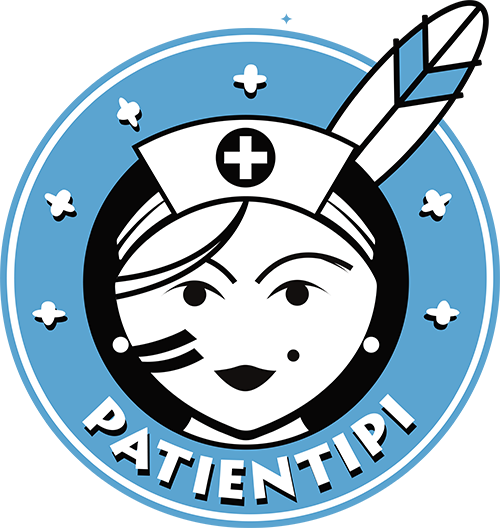Norway
Dear fellow caregivers,
You are welcoming a patient from Norway.
Here is a list of useful information to know in the context of his medical care.
General Information
Distance Paris – – – > – – – – – Oslo : 834 miles
5.2 million inhabitants / Average salary: $8,238 per month
Literacy rate: 100% / Life expectancy: 82.3 years
Spoken languages : Norwegian (Bokmål and Nynorsk)
● More than 99% of people speak Norwegian. There are two types of written Norwegian: Bokmål and Nynorsk (both languages are spoken and are of equal importance).
● Norway is part of “Scandinavia” and shares many cultural traditions with other countries in this region.
Communication

● Norwegians follow the law of “Rim” which emphasizes humility. All people are considered equal and they refrain from criticizing. Criticism that is made is based on facts rather than opinions.
● Relationships tend to develop slowly. Appearing too friendly at the beginning of a relationship can be seen as a weakness.
● Norwegians may not openly express their feelings outside the family context.
● Communication is usually casual and informal. Many Norwegians are frank and expect the same from others. Honesty is appreciated and expected.
● Norwegians are generally punctual and expect the same in return.
Beliefs, Practices & Rituals

● Norway is predominantly Protestant and 83% of Norwegians belong to the Evangelical Lutheran Church in Norway. There is a debate about the separation of church and state.
● Norway is considered the least religious country in Western Europe.
Eating habits

● Seafood is the traditional staple food in Norway (smoked salmon is one of the most exported foods).
● Game meat is also used in large quantities in Norwegian cuisine. Sweet and sour sauces with other spicy accompaniments are common.
● Dairy products are extremely popular in Norway.
Pregnancy and motherhood

This section is not yet filled in. Feel free to propose your contribution, respecting the principle of neutrality and citing your sources if necessary. Thank you for your contribution!
End-of-life care

● Lutherans share many of the same beliefs as Catholics. Nevertheless, they do not confess to a priest or receive their last will and testament.
● The Book of Concord is an additional religious text that the sick patient may request.
● Anyone is considered an organ donor, unless they have expressed their refusal, before death.
Examples
This section allows us to share experiences. Feel free to share yours with the community
Sources :
Cleveland Clinic – Diversity Toolkit
